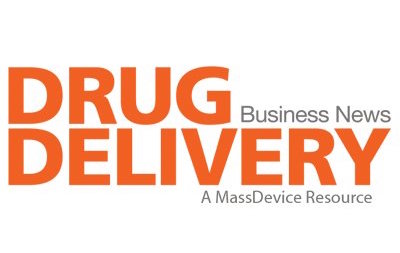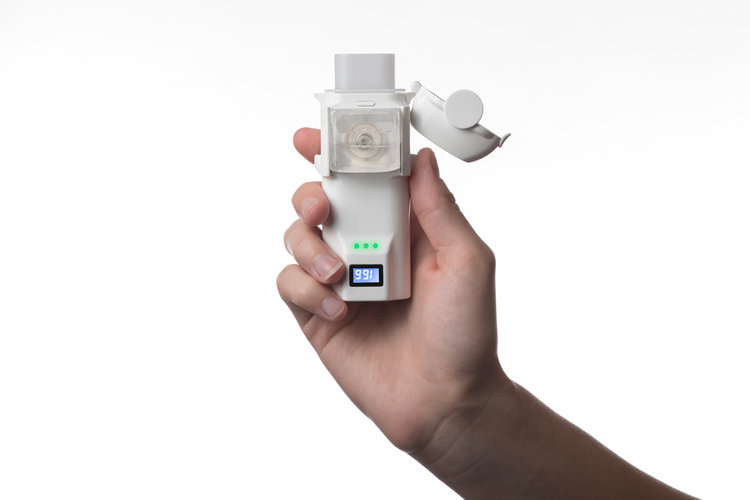
Formed just two years ago, pharma startup Pneuma Respiratory is developing a digital inhaler that it touts as the first of its kind.
The company is looking to bring its technology to the more than 40 million people who suffer from asthma or chronic obstructive pulmonary disease in the U.S. They’re stepping into a highly competitive market, largely dominated by companies like GlaxoSmithKline (NYSE:GSK) and Merck (NYSE:MRK).
“Pneuma Respiratory is made up of a team of really seasoned executives coming out of General Electric (NYSE:GE), Cree (NSDQ:CREE), Merck, Pfizer (NYSE:PFE) – there are a lot of big company names involved with the team,” director of business development James Bauler told Drug Delivery Business News. “So, while we’re a somewhat early-stage pharma [company], the team of executives have years of experience in the industry bringing new products to market and growing very successful companies. It’s really a great team to be a part of.”
Although there are other groups looking to digitize and connect inhalers, like Propeller Health, Bauler said that Pneuma Respiratory’s technology stands out.
“If you’re take another smart inhaler that’s on the market, what you’d find is that you actually purchase the inhaler itself separately and then there’s a couple of different approaches out there, but you’re going to get an add-on device that you snap on, maybe to the top of your inhaler or maybe to the end of your inhaler, and that little snap on device does nothing to alter the way that the drug itself is delivered.”
Pneuma Respiratory’s inhaler pairs with a mobile app, giving patients real-time dose verification data. It also features electronic breath actuation – the device is triggered when the user begins to inhale, drawing the medicine into the user’s lungs.
Most inhalers on the market have a propellant built into the device to shoot droplets of medicine into the user’s mouth, Bauler explained. But that can result in droplets hitting the back of the patient’s throat or depositing into the patient’s mouth.
Pneuma Respiratory’s device doesn’t use a propellant, instead relying on the device’s breath actuation feature to help the droplets ride on the user’s breath and into the lungs.
The company has completed two proof-of-concept trials so far, Bauler said, comparing its device in COPD patients with published data for devices made by competitors.
The team has arranged pre-submission meetings with the FDA for the first quarter of 2018, according to Bauler, and hopes to bring their product to market by 2020.
“We’re planning to build out in the asthma and COPD space, and so we have a portfolio of therapies over the next several years that we plan to bring to market. What’s really, really exciting about the platform is that we set out to disrupt the inhaler space, but then what we found along the way is that we’ve also delivered three large molecule biologics,” Bauler said.
“So, we have a go-to-market strategy that’s focused on asthma and COPD, but we have the upside potential of ‘what does it look like to deliver large module biologic therapies through the lungs through our platform?’ That’s the long-term growth opportunity that we have in front of us.”


 device
device